Nvidia suppliers building its Blackwell AI server racks have reportedly solved a series of technical hurdles, allowing them to accelerate production of the GB200 AI rack. According to the Financial Times, suppliers including Foxconn, Inventec, Dell, and Wistron have made "a series of breakthroughs" to allow shipments to kick off.
According to the report, shipments of the GB200 were delayed due to technical issues that emerged at the end of last year, disrupting production.
According to the report, Nvidia's Taiwanese partners announced at Computex 2025 that shipments of the GB200 racks commenced at the end of Q1 2025, stating that "Production capacity was now being rapidly scaled up."
One engineer at an unnamed partner manufacturer of Nvidia reportedly told FT that internal testing revealed connectivity problems, requiring supply chain collaboration with Nvidia two or three months ago.
FT reports that supply chain partners have spent "several months" tackling other challenges with the GB200 racks, including overheating and leaks in the liquid cooling systems. Other issues cited by engineers reportedly include "software bugs and inter-chip connectivity problems stemming from the complexity of synchronising such a large number of processors."
One analyst told FT that "Nvidia had not allowed the supply chain sufficient time to be fully ready," and that inventory risk for the GB200 would ease in the second half of the year.
According to the report, as Nvidia prepares for the rollout of the GB300 (expected in Q3), Nvidia has compromised some facets of the GB300 design. FT claims it has ditched the Cordelia chip board layout in favor of the older Bianca design it uses in the GB200. The report states that two suppliers reported installation issues; however, the move will preclude the replacement of individual GPUs in the system.
This matches a report from earlier in May, claiming Nvidia was delaying the introduction of SOCAMM memory tech originally planned for the Blackwell Ultra GB300, with reports at the time citing the Cordelia to Bianca switch was behind the postponement.
According to that earlier report and FT's latest story, Nvidia is still planning to implement Cordelia in its next-generation Rubin chips.
Follow Tom's Hardware on Google News to get our up-to-date news, analysis, and reviews in your feeds. Make sure to click the Follow button.

 6 months ago
110
6 months ago
110
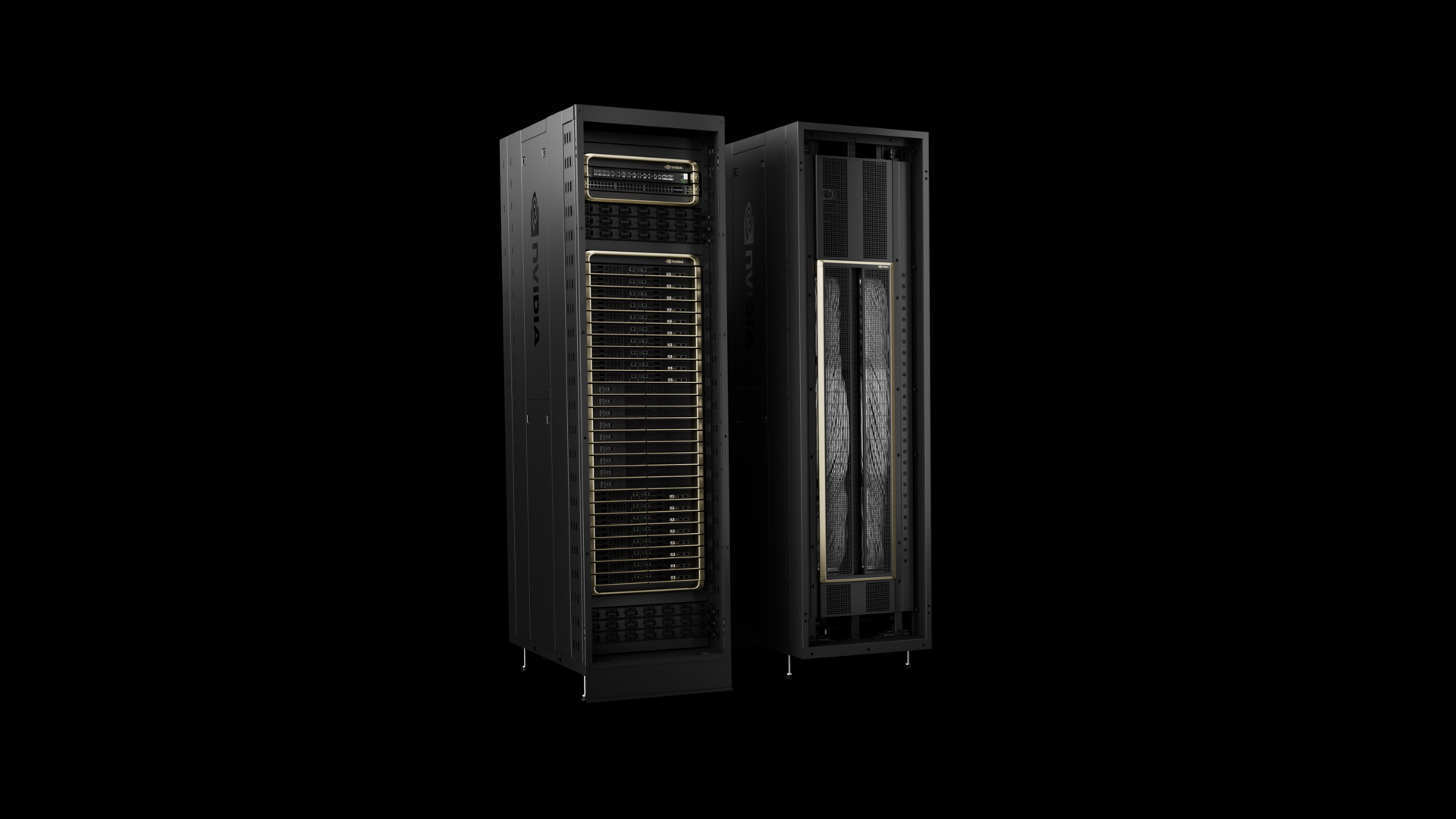
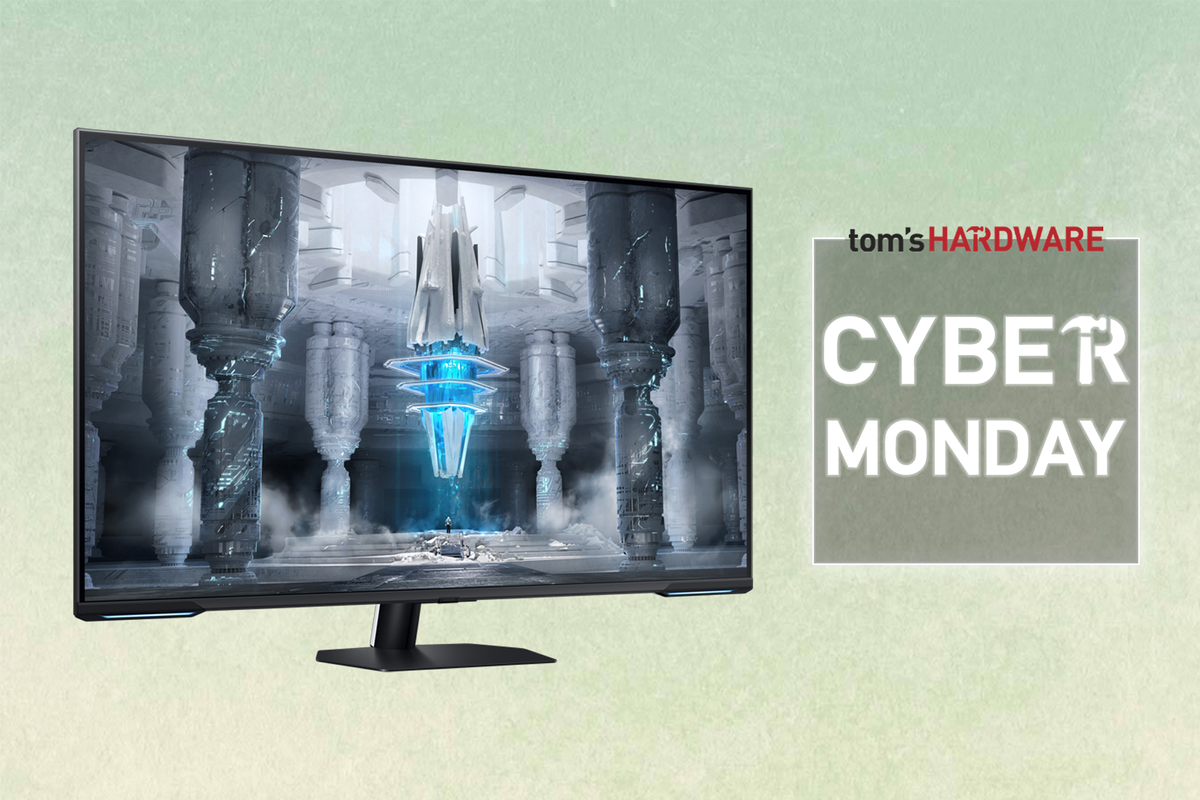
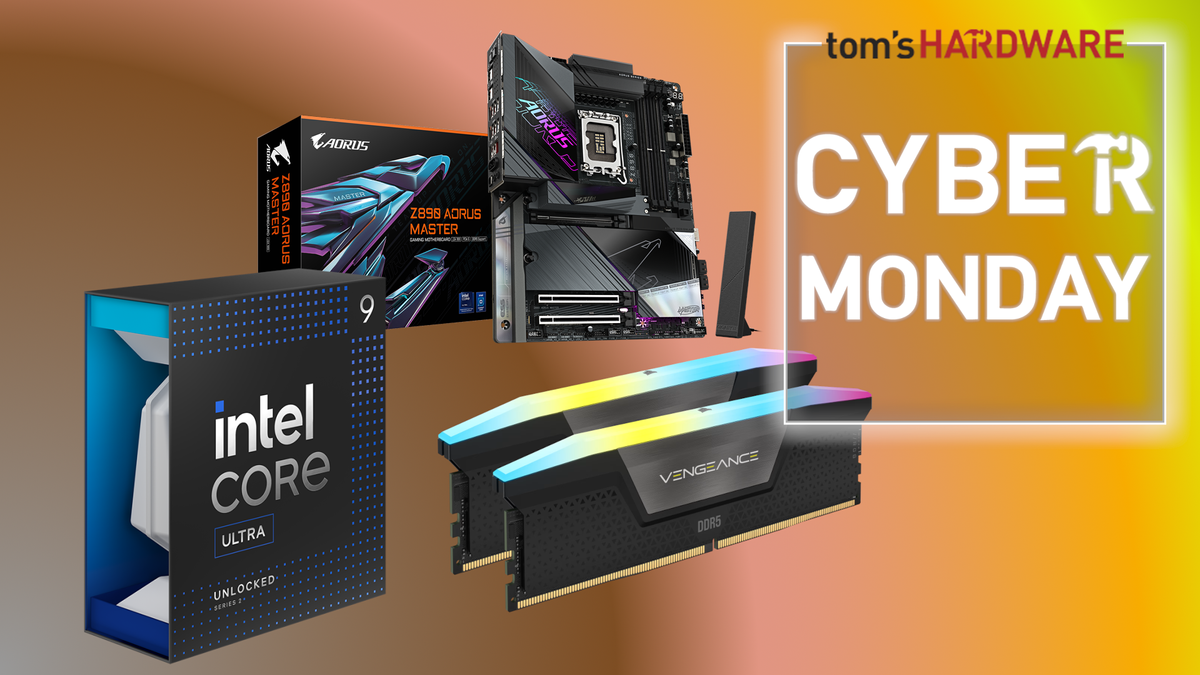

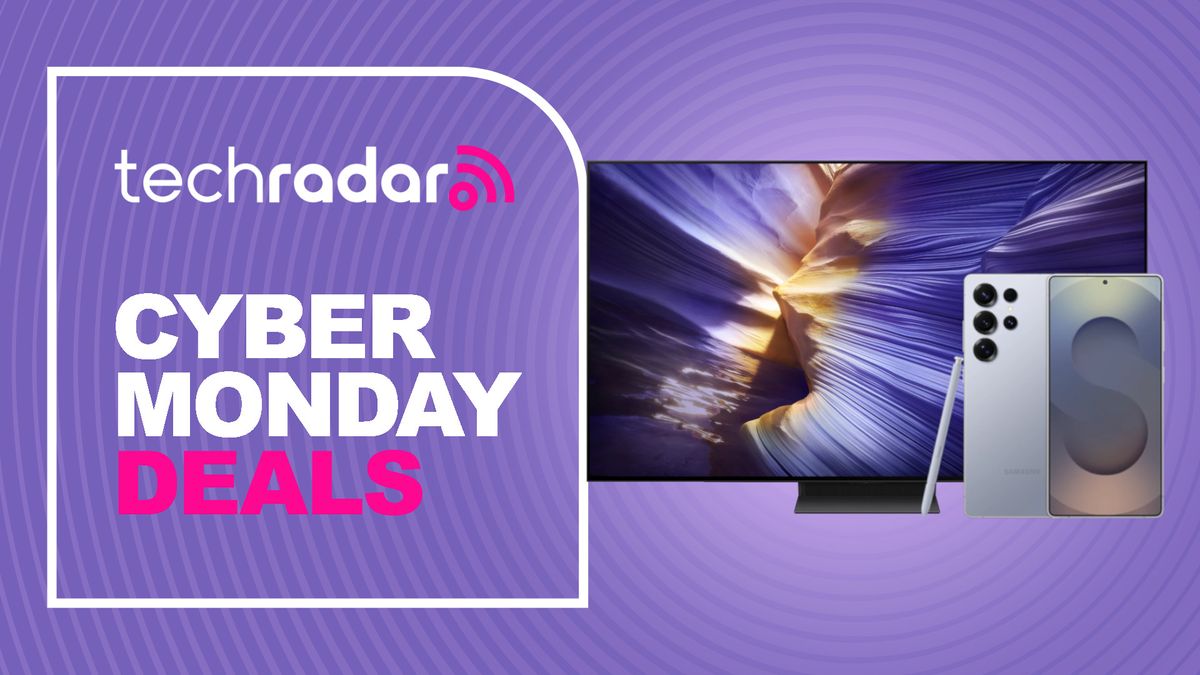

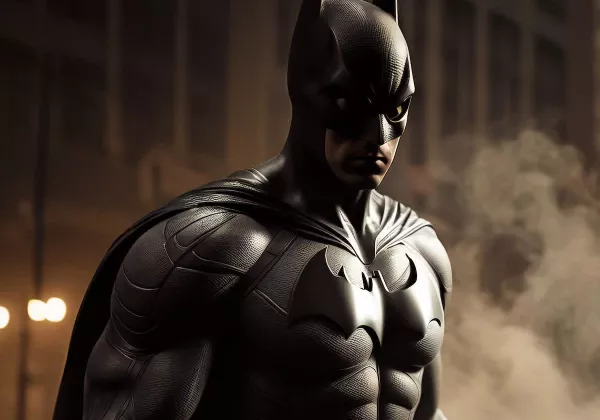

 English (US) ·
English (US) ·